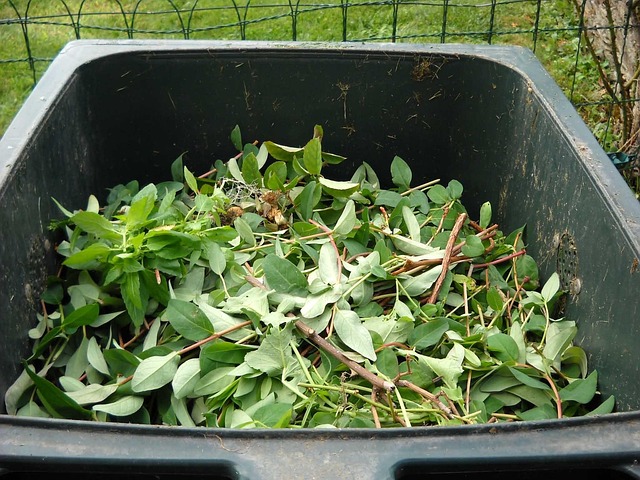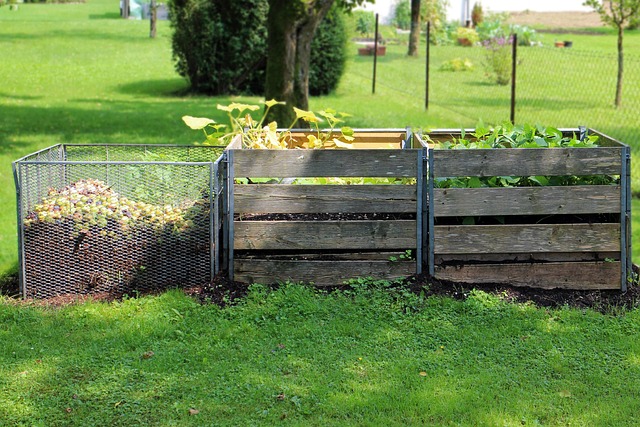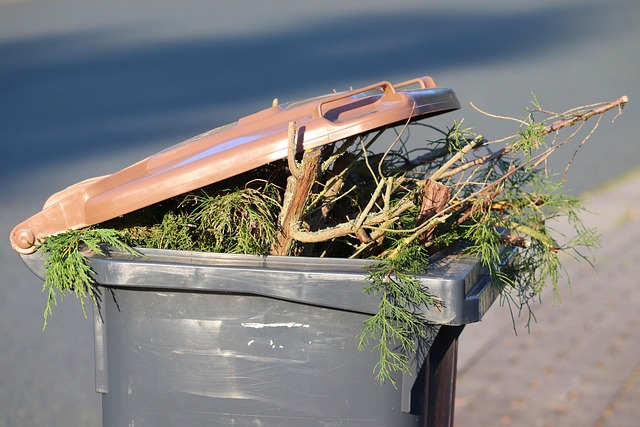Discovering the Power of Composting at a Seminar
As the sun rose over the horizon, it painted the morning sky in hues of green and gold, hinting at the magic of nature that awaited us at the local composting seminar. Attending this seminar was more than just an educational experience; it was a journey into the heart of eco-friendly gardening and a reminder of our responsibility to nurture the environment.
Embracing Sustainability in Gardening
One of the most riveting discussions at the seminar revolved around the principles of sustainable gardening. We learned that gardening is not just about aesthetics; it’s about fostering a balance with nature. Participants were encouraged to think about how our gardening practices can impact the ecosystem. By composting, we are not merely reducing waste; we are creating a nourished environment for future generations. This harmonious relationship with the earth is what the green movement is all about.
The Magic of Composting
Throughout the seminar, experts shared fascinating insights into the world of composting. Composting transforms kitchen scraps and yard waste into rich, organic matter that replenishes the soil, making it a cornerstone of eco-friendly gardening. This process not only diverts waste from landfills but also enriches the garden, allowing plants to thrive in their natural habitat.
We learned about the various types of composting: hot, cold, and vermicomposting, each offering unique benefits. For instance, hot composting speeds up decomposition through microbial activity, while vermicomposting enlists the aid of earthworms to create a nutrient-rich amendment. It was inspiring to see how easy and accessible this practice is, no matter the size of your garden.
Connecting with Nature
The seminar emphasized the deep-seated connection we have with nature. Each attendee left with a renewed appreciation for the earth and a commitment to embrace eco-friendly practices. Gardening isn’t just about planting seeds; it’s about understanding the environment and cultivating a sustainable future. The idea of growing our own food while minimizing our ecological footprint was both empowering and liberating.
Practical Tips for Eco-Friendly Gardening
Here are some practical tips gleaned from the seminar that anyone can implement in their gardening practice:
- Start composting: Begin by setting up a compost bin in your backyard or using a compost bag for small spaces. Add kitchen scraps, yard clippings, and paper, and watch nature work its wonders.
- Utilize native plants: Choose plants that are native to your area. They require less water and are more resilient to local pests.
- Practice crop rotation: Prevent soil depletion and promote healthy growth by rotating your crops each season.
- Water wisely: Use rainwater harvesting systems or water your plants in the early morning to minimize evaporation.
- Reduce chemical use: Opt for organic pest control methods and natural fertilizers to promote a healthy ecosystem.
Attending the composting seminar was not just an educational endeavor; it was a testament to the power of community and the importance of nurturing our environment. The knowledge gained during this day will undoubtedly lead to greener gardens and a healthier planet.
Let this be a call to action for all aspiring green thumbs: embrace composting and contribute to a more sustainable world. The earth will thank you for it!



